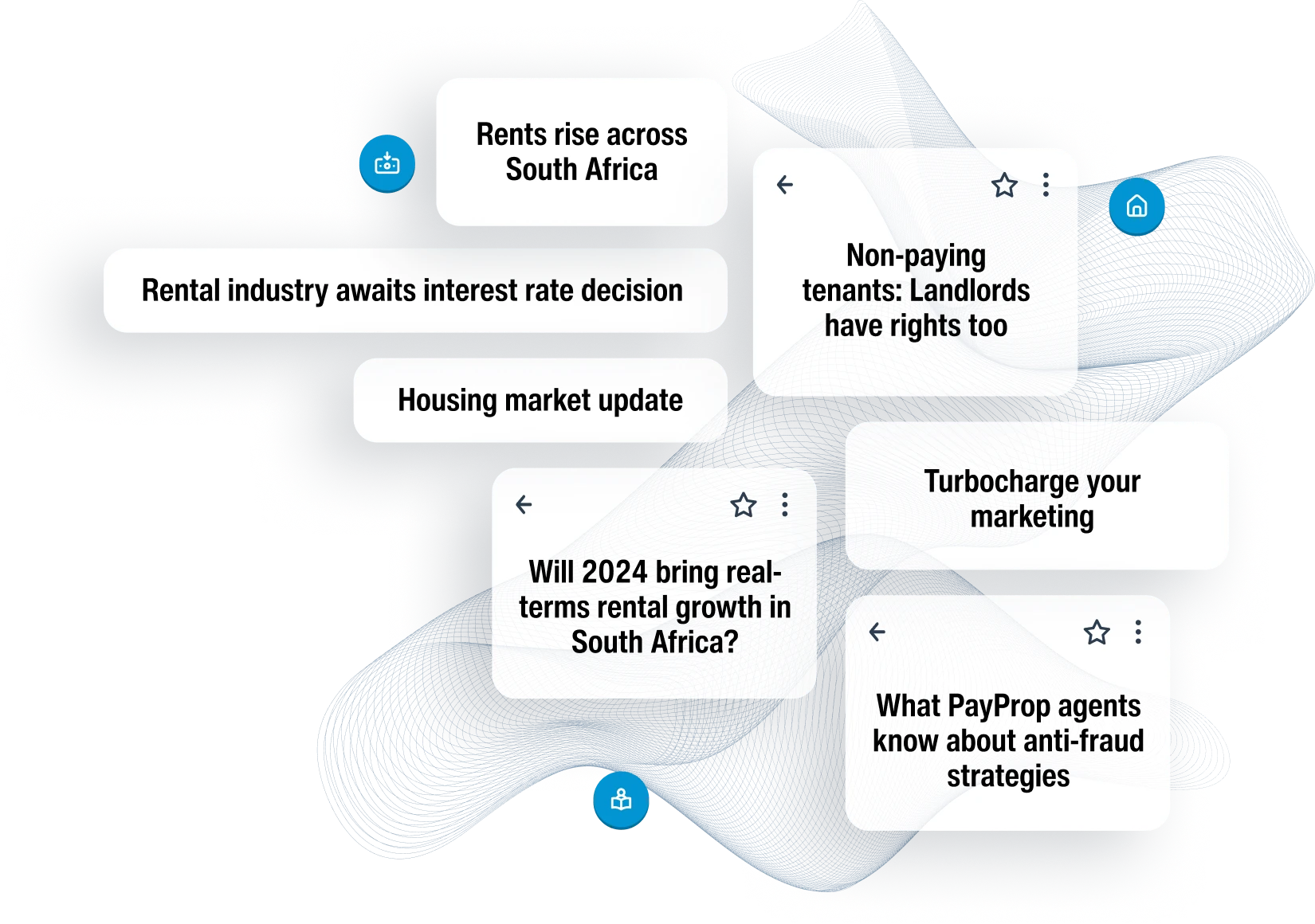
The South African Reserve Bank held the repo rate steady at 8.25% last month, bolstering hopes that the pressure on the property market could soon ease up. This is the second time in a row that SARB has held steady after 10 consecutive interest rate hikes, providing further evidence that interest rates have finally peaked.
The move will come as a relief to people with existing debts, but still leaves interest rates at their highest level since 2009 – meaning that prospective homebuyers are likely to wait for them to come down before buying. According to Rhys Dyer, CEO of ooba Home Loans, rates need to drop by 1-2% before the property market can pick up steam again.
Where next for the market?
Despite the decision to hold rates, SARB pointed to significant risks for the South African economy – noting that two of the five-person monetary policy committee voted for a 25 basis point increase to the repo rate to hold off inflation.
In the MPC’s decision statement, they said that high core inflation and volatile fuel prices are still a threat, and that monetary policy would most likely stay tight worldwide to keep a lid on prices. Inflation rose to 4.8% in August, although this was still just 0.1% above the two-year low seen in July and comfortably within SARB’s 3-6% target range.
Unless the outlook changes, interest rates are unlikely to come down by much in the near future. Economists expect them to start falling in 2024, but disagree on exactly how much and when. RMB’s Chief Economist expects rates to fall in the second half of the year, while Investec forecasts a 25 basis point fall in Q1. Meanwhile, Nedbank predicts a 100 basis point fall through 2024.
What does this mean for residential rentals?
High current interest rates go hand in hand with high rent increases. Prospective buyers stay in rented homes while they wait for interest rates to fall, backing up demand for rentals, while landlords are also under pressure to increase rents to cover their rising costs.
But conversely, cuts to lending rates wouldn’t be bad news for landlords, even if they keep a lid on rents going up. Cheaper debt would relieve inflationary pressure on rents and ease the pressure on tenants’ finances, making it easier for them to pay rent. A reduction in interest rates would also make it cheaper for landlords to expand their portfolios.
Whether interest rates stay flat or start to fall, expert rental agents can help their clients understand market conditions and make smart investment decisions, armed with trusted rental market data from PayProp’s management reports and PayProp Rental Index.



